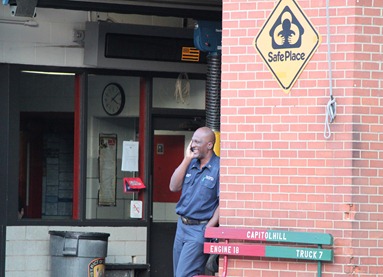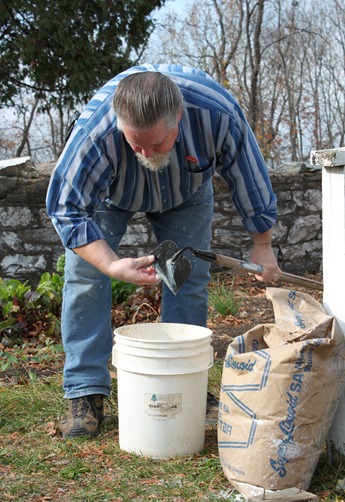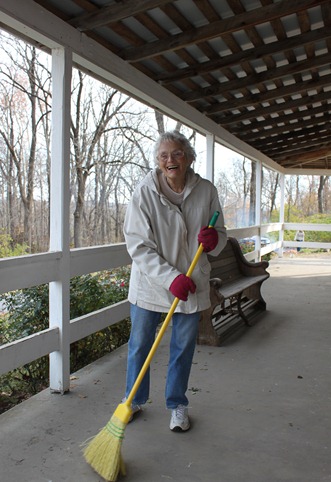As we seek to understand what it means to be the Church in our post-modern, post-Christendom society, engagement is a key concept. How do we interact with the wider society? How do we show Christ’s love to the world, while taking care to not get caught up in the world’s way of doing things?
Sympathetic Outsiders
Engagement is about thinking like missionaries. To engage the dominant culture as sympathetic outsiders, we must learn its myths, assumptions, language and values. Our ultimate goal is to transmit the radical message of Jesus and his living presence with us today, seeking to inspire and empower indigenous forms of Christianity and local leaders to express the Gospel in their own particular contexts.
myths, assumptions, language and values. Our ultimate goal is to transmit the radical message of Jesus and his living presence with us today, seeking to inspire and empower indigenous forms of Christianity and local leaders to express the Gospel in their own particular contexts.
Obviously, to truly engage with the wider culture, major changes will be required of us. If we are to be missionaries to the West, we first must admit that we as Friends do not have all of the answers. We must admit that we need the Gospel to be shared with us; that we have still not quite understood it.
As we recognize how we have failed to live fully into the Way of Jesus, we begin to seek relationship with those around us, not only to invite them into the Kingdom-life, but also to discover what new lessons Christ wants to teach us through people whose lives are very different from our own.
begin to seek relationship with those around us, not only to invite them into the Kingdom-life, but also to discover what new lessons Christ wants to teach us through people whose lives are very different from our own.
The Church as Sanctuary… Or Launch Pad?
What is the role of the Church in all this? Some of the missional literature seems to suggest that the traditional congregational model is no longer adequate as the basis for fostering and sustaining Christ’s Reign. And, certainly, they are right that we miss the point if we think attendance at our worship services is the only measure of growth in faithfulness and spiritual maturity. As the rise of “prosperity gospel” mega-churches makes clear, attendance numbers are no sure sign of spiritual depth or changed lives. Nevertheless, gathering together for worship as a community is critical to the depth and stability of a Christian community.
On the one hand, we have the missional imperative to get out of the “Quaker ghetto” and share our lives with our non-Christian neighbors. We do no one any good by hiding our light under a bushel and retreating from the world. On the other hand, we benefit greatly from times of fellowship, worship, and shared life with our brothers and sisters in Christ. We gain strength through our regular connection with other believers, and our relationship with God is deepened when we wait on the Lord together. How are we to balance our need for nurturing relationships within the Church and Christ’s call for us to be present in our neighborhoods, workplaces and public gatherings?
neighbors. We do no one any good by hiding our light under a bushel and retreating from the world. On the other hand, we benefit greatly from times of fellowship, worship, and shared life with our brothers and sisters in Christ. We gain strength through our regular connection with other believers, and our relationship with God is deepened when we wait on the Lord together. How are we to balance our need for nurturing relationships within the Church and Christ’s call for us to be present in our neighborhoods, workplaces and public gatherings?
This is not merely a theoretical question. Each of us has only so much time and energy. How do we balance time within the established community and time spent as Christian examples in other communities? As we strike this balance as individuals, it is important that we focus on existing relationships. It would be easy for us to exhaust ourselves by trying to make a whole slew of new friends in new communities. But, for most of us, this is probably not necessary. Most of us have regular contacts with folks who might like to go deeper in their relationship with God – whether at work; in a club or association we participate in; or just by way of time-tested friendships and family relationships. Each of us probably knows a few people who we could reach out to in friendship, seeking to make Christ’s love visible in their lives.
As communities, we need to look for these same kinds of relationships. What are the communities or organizations in proximity to us that we could reach out to as a Meeting? While individual connections to our neighbors in the wider culture are an important part of the Church’s work in the world, there is nothing quite like uniting around a shared project. When the Meeting can commit itself to a specific form of service – whether it is cleaning up a neighborhood, volunteering at a charity, or opening our homes to refugees – the witness of Christ shines even more clearly than it does when an individual acts alone. The world can see the good work that we do together, and because the work is done as a church, it is even easier for us to give the glory to Jesus. This builds the Kingdom.
proximity to us that we could reach out to as a Meeting? While individual connections to our neighbors in the wider culture are an important part of the Church’s work in the world, there is nothing quite like uniting around a shared project. When the Meeting can commit itself to a specific form of service – whether it is cleaning up a neighborhood, volunteering at a charity, or opening our homes to refugees – the witness of Christ shines even more clearly than it does when an individual acts alone. The world can see the good work that we do together, and because the work is done as a church, it is even easier for us to give the glory to Jesus. This builds the Kingdom.
Engagement as Corporate Practice
Christian engagement, serving as missionaries in a broken world, is most powerful when done as a corporate expression of faith. When we as the Church come together and discern the specific work that God is calling us to, the Holy Spirit empowers and strengthens us for that mission. If we are to grow spiritually as a people, we must gather together to hear Christ’s guidance.
The process of engagement begins when we look inward to receive Christ’s guidance in our hearts. Next, we let Christ change our character and lifestyle, living into God’s will for us. Then, we move outward, to share our lives with others in obedience to Jesus. And finally, we again look inward to see whether we have heard and responded correctly, and to discover what further guidance God has for us. This cycle is just as true for our Meetings as it is for individuals. And, just as individual men and women are transformed and remade in Christ’s image as they pass through these steps, so, too, are communities.
Next, we let Christ change our character and lifestyle, living into God’s will for us. Then, we move outward, to share our lives with others in obedience to Jesus. And finally, we again look inward to see whether we have heard and responded correctly, and to discover what further guidance God has for us. This cycle is just as true for our Meetings as it is for individuals. And, just as individual men and women are transformed and remade in Christ’s image as they pass through these steps, so, too, are communities.
The Church is where we come to be refined through deep listening, faithful action, and submission to one another in Christ. As we discover our true nature as members of Christ Jesus, we come to realize our spiritual unity with the rest of the Church, and we learn that our salvation is inevitably bound up in the lives of others. We are one in Christ Jesus.
Each local Meeting of the Church has to determine the right balance between outward engagement and inward reflection. Some churches are more naturally inclined to a spirituality of action, while others lean more contemplative. But all of us must wrestle with how we are to live out God’s call in community. As we listen and discern God’s will together, we will be transformed into a body that is a force for righteousness, justice and reconciliation in the world.
churches are more naturally inclined to a spirituality of action, while others lean more contemplative. But all of us must wrestle with how we are to live out God’s call in community. As we listen and discern God’s will together, we will be transformed into a body that is a force for righteousness, justice and reconciliation in the world.